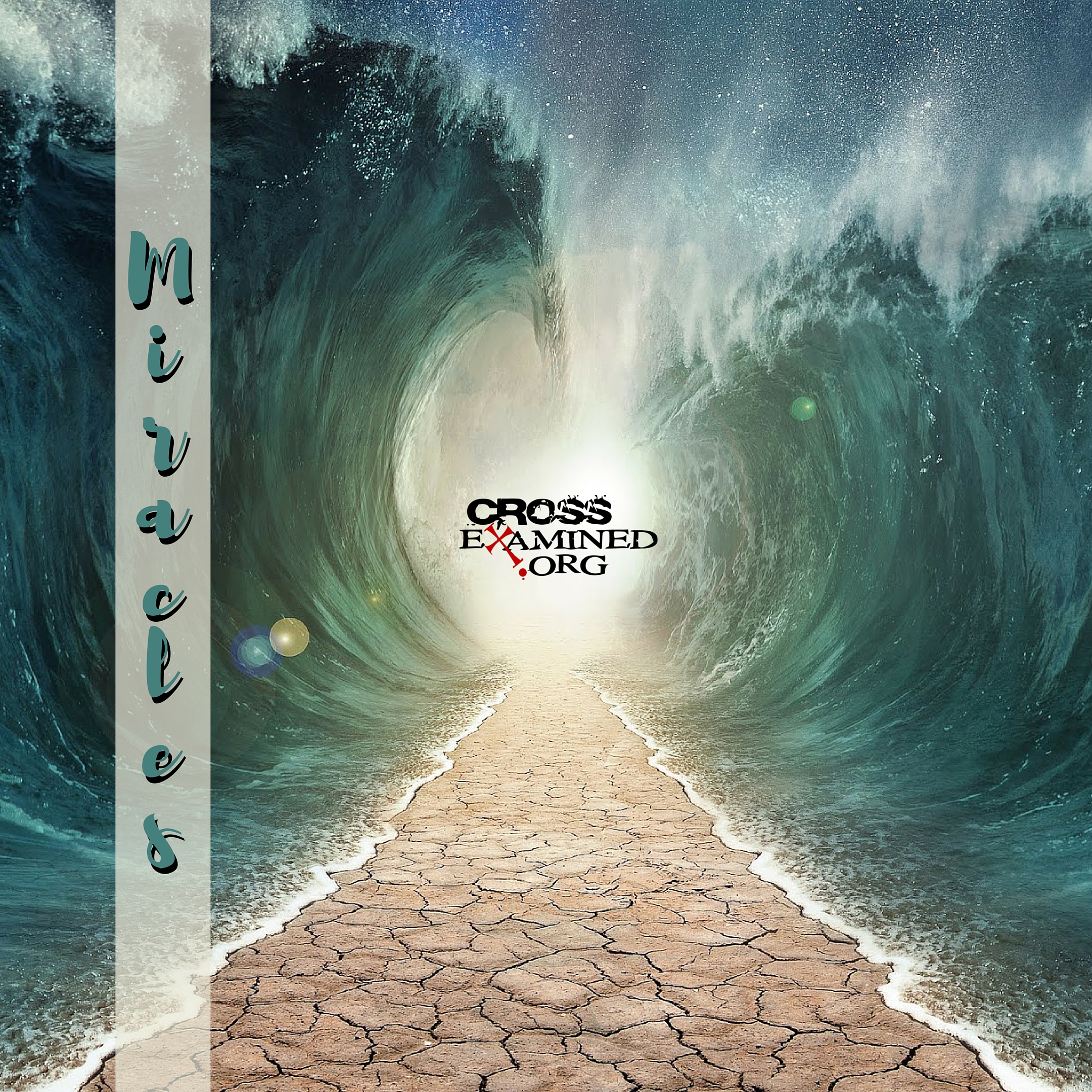The Wisdom Chronicle
The Wisdom Chronicle is designed to bring nuggets of wisdom from the dozens of books I read every year. I endeavor to share the best of what I have gleaned. The determination of relevance lies with you. Blessings, J. Whiddon
- 951. POTENTIAL Out in West Texas there is an old place called the Yates Pool. During the Great Depression there was a sheep ranch owned by a man named Mr. Yates. He wasn’t able to make enough on his ranching operation to pay the principal and interest on the mortgage, so he was in danger of losing his ranch. With little money for clothes or food, his family (like many others) had to live on government subsidy.Day after day, as he grazed his sheep in West Texas, he was no doubt greatly troubled about how he would pay his bills. Then a seismographic crew from an oil company came into the area and told him there might be oil on his land. They asked permission to drill a wildcat well, and he signed a lease contract. At 1,115 feet they struck a huge oil reserve. The first well came in at 80,000 barrels a day. Many subsequent wells were more than twice as large. In fact, 30 years after the discovery, a government test of one of the wells showed it still had the potential flow of 125,000 barrels of oil a day. Mr. Yates owned it all. The day he purchased the land he had received the oil and mineral rights. Yet, he’d been living on relief. He was a future multi-millionaire living in poverty. The problem? He didn’t know the oil was there even though he owned it.The same can be said for those who “sit” on their talents and thus their potential to be successful in all facets of life. “Dig deep” to get the most out of your talents.
-C. Seidman
- OUR KIDS: GO OR SEND? “Go” kind of means you just leave, you’re untethered, you break away from the moorings and just float around out there. Gilman football guys, we don’t go. We’re sent. Being sent has a whole different connotation. ‘Sent’ means you’ve got support. ‘Sent’ means you’ve got a home. ‘Sent’ means you have a purpose. ‘Sent’ means you can always come back. Being sent means people love you. It means you go out like a warrior because you’ve got something to do. And when you get it done, you come back to your home people because they’re all there waiting for you. It’s a sense of community and connectivity.”
Excerpt From: Marx, Jeffrey. “Season of Life.”
- LEAP! Even though the standard calendar year is 365 days, the Earth actually takes 365 days 5 hours 48 minutes and 46 seconds to go completely around the sun. (This is called a solar year.) In order to keep the calendar cycle synchronized with the seasons, one extra day is (usually) added every four years as February 29th. The Julian calendar (established by Julius Caesar in 46 BCE) introduced the Egyptian solar calendar to the Roman world, standardized the 365-day year, and created the predecessor to our current leap year. February 29th was not reflected on the Julian calendar, rather February 23 was repeated every four years. You may be asking, “The solar year is not a full 365 days and 6 hours, so what about those extra 11 minutes and 14 seconds?” An additional calendar reformation in the 1500s added a special rule to adjust for this discrepancy. In 1582 Pope Gregory XIII created a slightly modified calendar to better account for leap days. Called the Gregorian calendar, this new system said that no century year (like 1900) would be a leap year except for centuries divisible by 400 (like 2000).
From: Dictionary.com
- TRUTH OR LIE “One way to distinguish truth from all its counterfeits is by its modesty: truth demands only to be heard among others while its counterfeits demand that others be silenced.” –Sydney Harris
- REAL VIRTUE “Loving means to love that which is unlovable or it is not virtue at all; forgiving means to pardon the unpardonable or it is no virtue at all; faith means believing in the unbelievable or it is no virtue at all. And to hope means hoping when things are hopeless or it is no virtue at all.” — G.K. Chesterton
- NOTHING MORE THAN FEELINGS “Our secular age has raised a generation that believes that feelings should be the primary guide to one’s behavior. That is why, in the relatively rare instances that secular schools have decided to make values a part of their curriculum, they never actually teach values. Rather they have offered courses in “values clarification,” which consist of students sitting around clarifying their feelings about stealing, looting, etc. The substitution of feelings for standards also explains why so many people (not only students) would not save a human stranger before their dog whom they love.
Thank God my son answered, “Because it’s against the Ten Commandments.” If all our children did, we could look to the future with far greater optimism. I would like all young people to think that stealing is wrong. But I would sooner trust those who also believe that God thinks it is wrong.”
Excerpt From: Prager, Dennis. “Think a Second Time.”
- NO RESPECT “With regard to parents and children: the authority of parents, and, even more significantly, the importance of parents, in the lives of their children has declined substantially.
More than 50 years ago, Johns Hopkins sociologist James Coleman asked American teenagers this question: “Let’s say that you had always wanted to belong to a particular club in school, and then finally you were asked to join. But then you found out that your parents didn’t approve of the group.” Would you still join? In that era, the majority of American teenagers responded No. They would not join the club if their parents did not approve. In that era, for most kids, the opinion of parents mattered more than the good regard of same-age peers.”
Excerpt From: Sax, Leonard. “The Collapse of Parenting.”
- FREEDOM “As Montesquieu and Tocqueville both pointed out, freedom may be maintained at the level of the Constitution but still be lost at the level of the citizens.
Liberty is therefore a marathon and not a sprint, and the task of freedom requires vigilance and perseverance if freedom is to be sustained. If the revolution’s winning of freedom was a matter of eight years and the Constitution’s ordering of freedom was completed in thirteen years, the challenge of sustaining freedom is the task of centuries and countless generations, including our own.”
Excerpt From: Guinness, Os. “A Free People’s Suicide.”
- INVESTIGATE GOD “If your [investigation] fails to turn up any evidence of God, then your quest hasn’t lost much of anything and you have proven your open-mindedness. On the other hand, if you do experience an increased sense of the reality of God and the power of faith in God, you’ll have gained a relationship and dimension to life that changes everything on your journey.”
Excerpt From: Kemp, Jeff. “Facing the Blitz.”
- TIME “Time is too slow for those who wait. Too swift for those who fear. Too long for those who grieve. Too short for those who rejoice. But for those who love – time is eternity.”
— Poet Henry van Dyke




Leave a Reply
Want to join the discussion?Feel free to contribute!